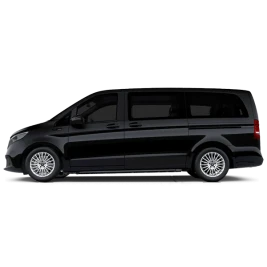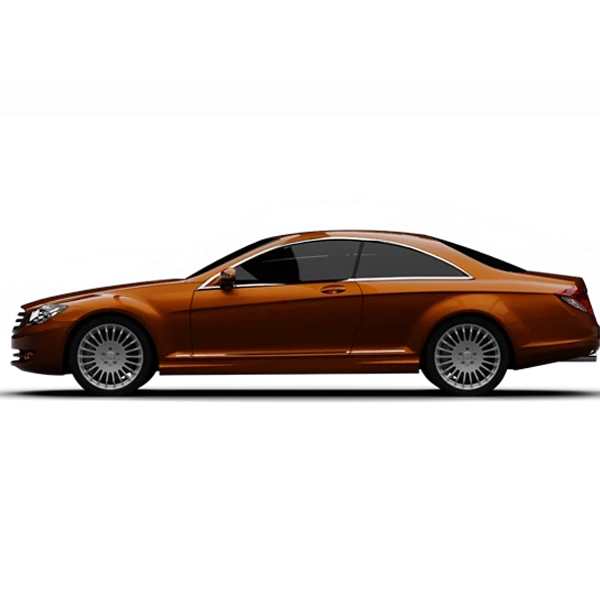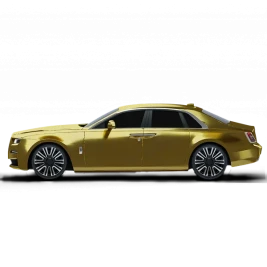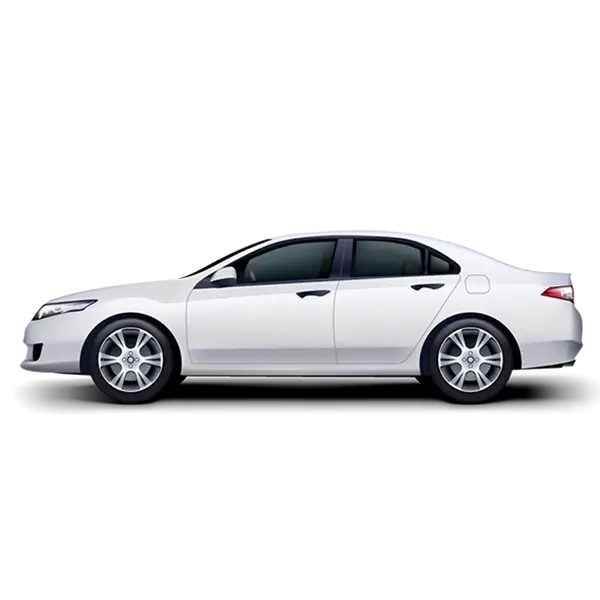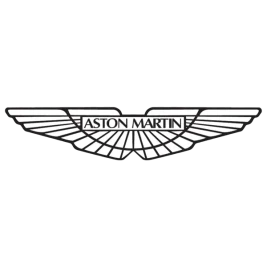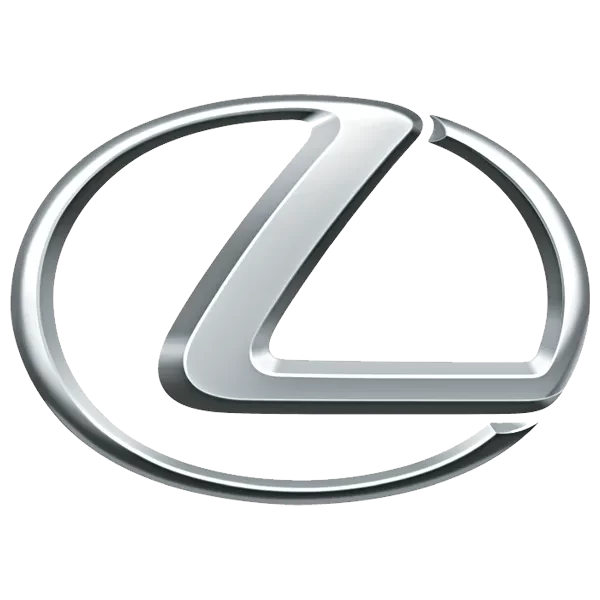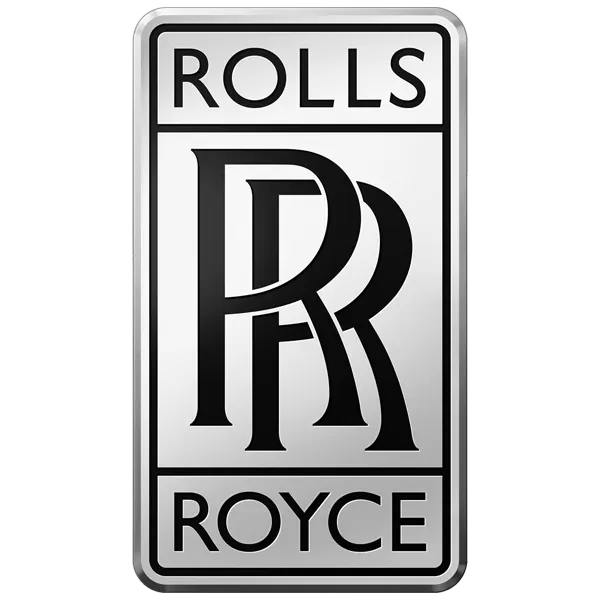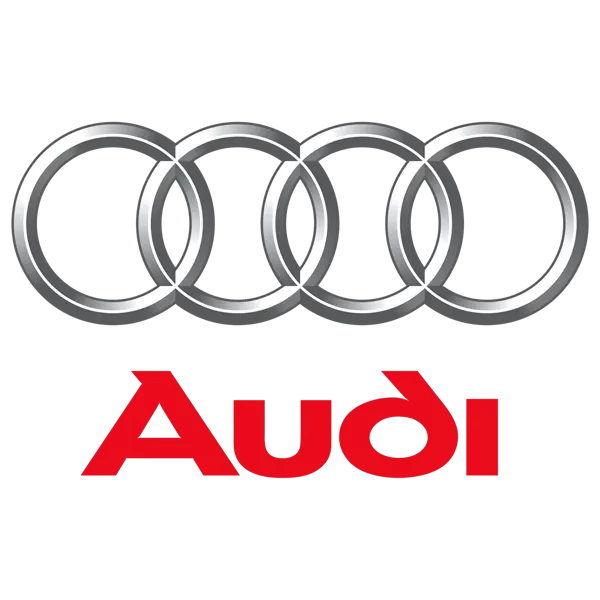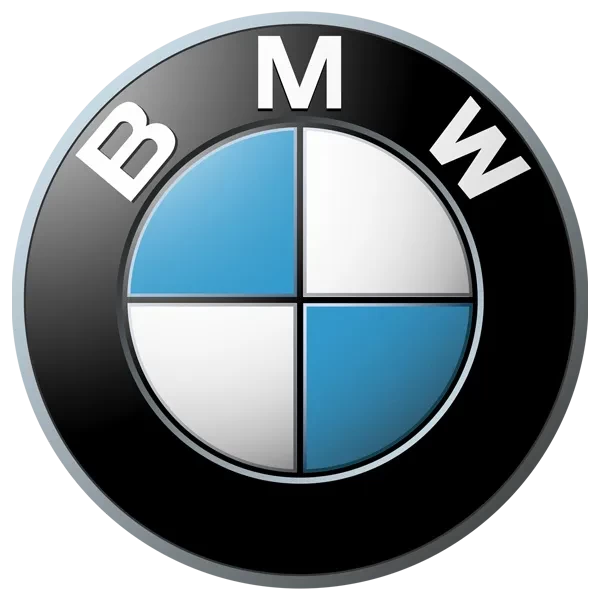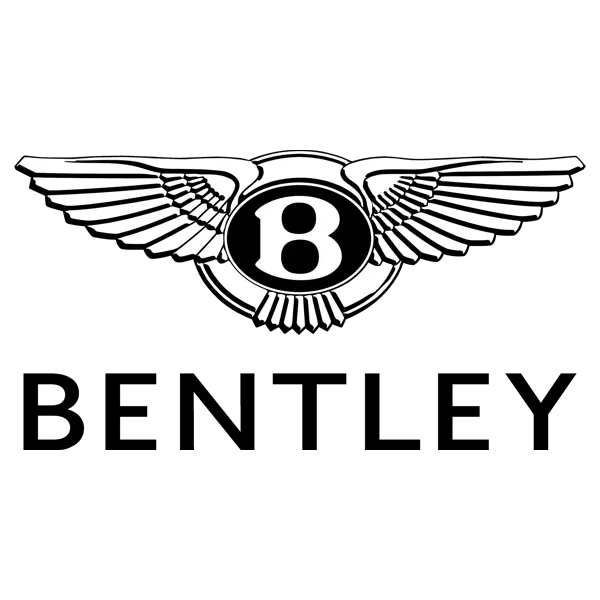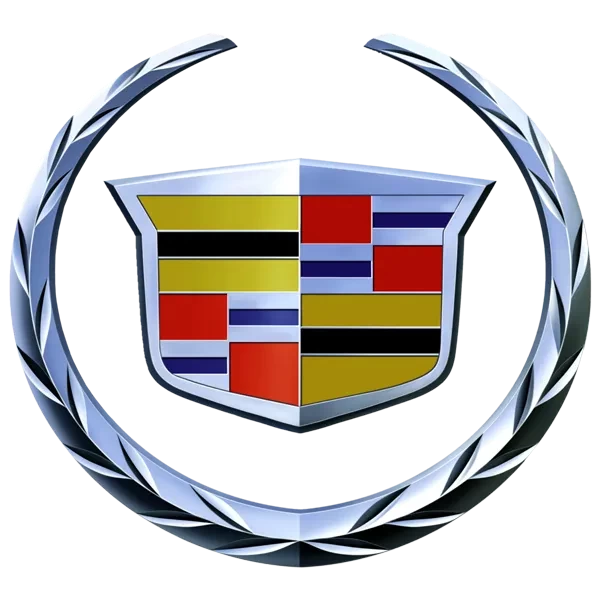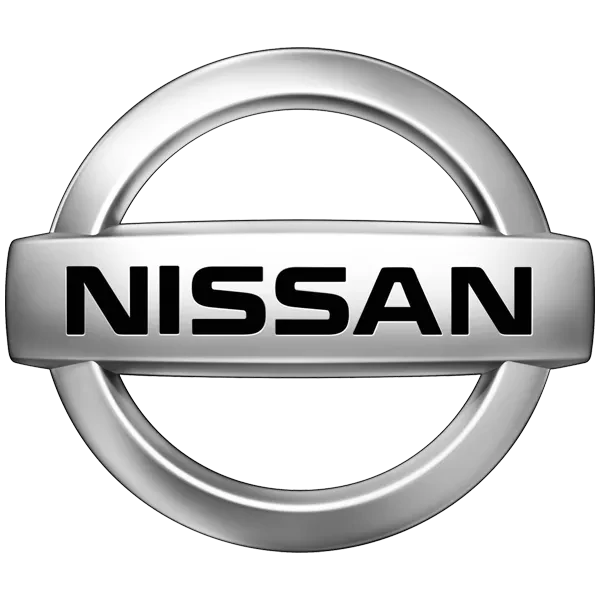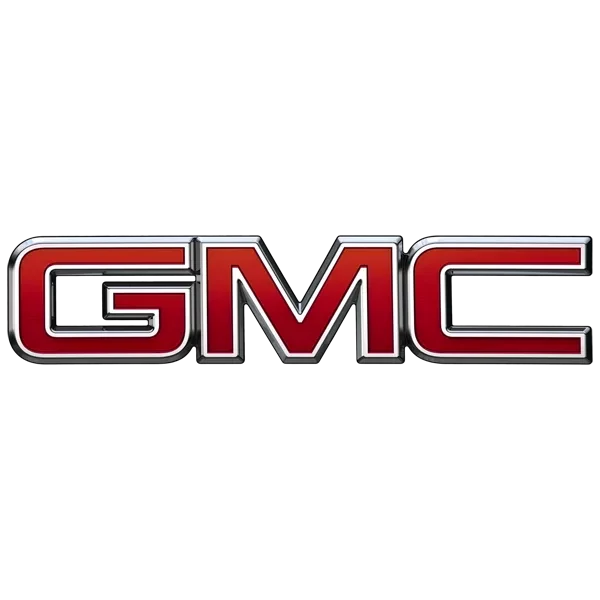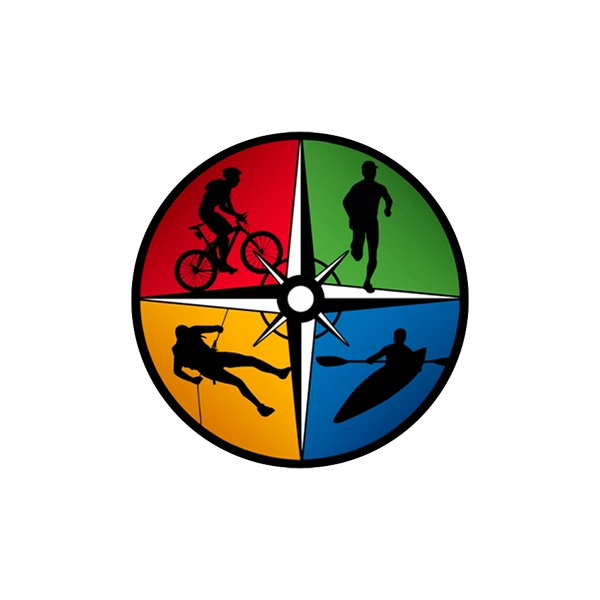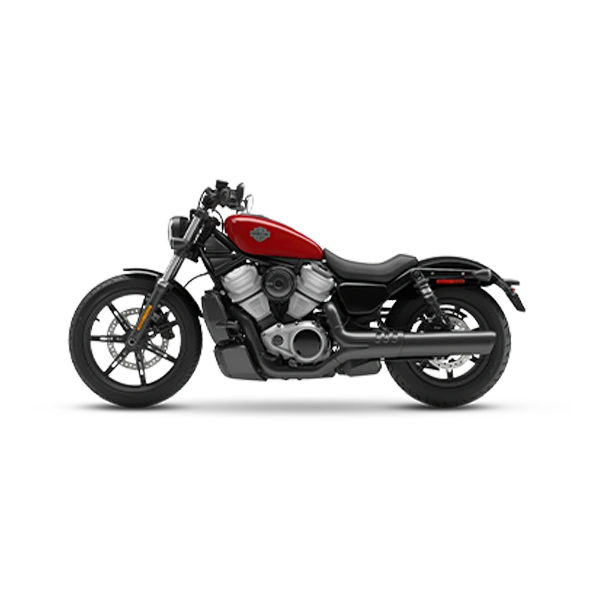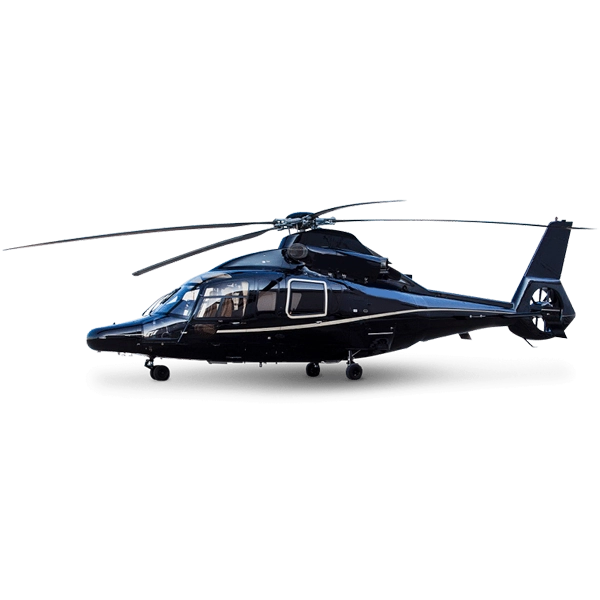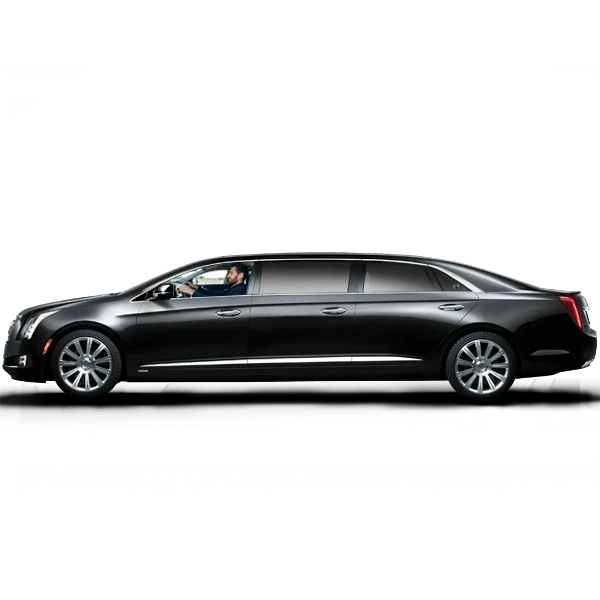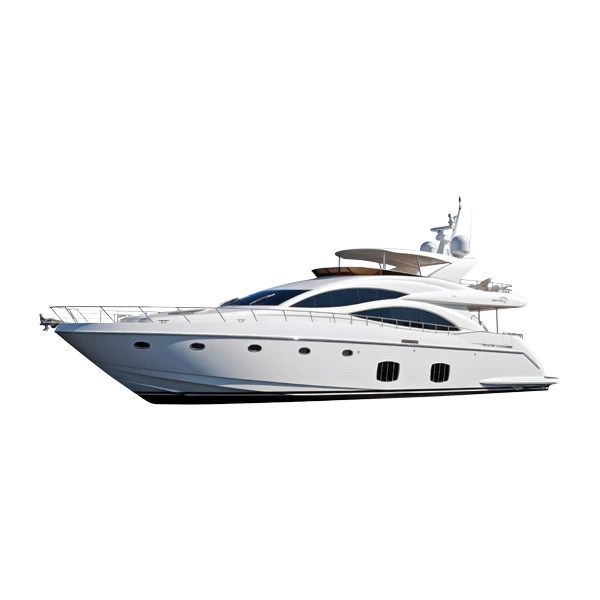20 Most Common Cadillac Problems and Solutions
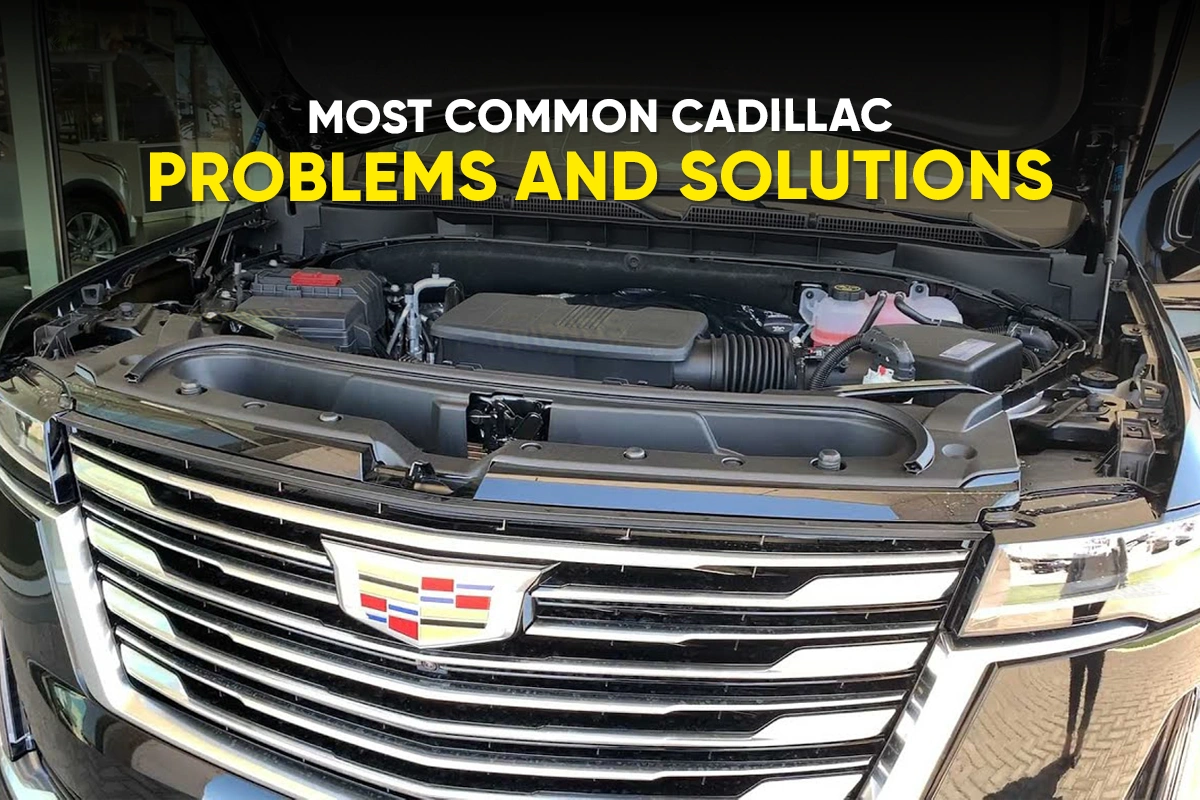
What are the most common Cadillac problems and solutions? This comprehensive guide details the 20 most frequent Cadillac car issues and their practical fixes, empowering current & future owners to maintain their cars with confidence.
Cadillac is a mid-table autobrand on reliability ranking. This indicates Cadillac car problems are no news to the current owner. Based on several online discussion forums, many of these American vehicles get reported for several issues. Understanding these Cadillac car problems will help you be informed, avoid unexpected setbacks on the road & ensure a seamless and confident driving experience.
Let’s dive in to explore Cadillac issues & their fixes, and learn to stay ahead of the curve.
20 Common Cadillac Issues and Fixes
Now, let's explore the most frequent Cadillac car problems and their practical solutions:
Engine Seizure or Failure: Dealer diagnostics; Software updates or recalls; Lifter/engine replacement; Battery inspections (for EVs).
Fuel System Problems: Fuel pump/injector replacement; Fuel filter cleaning or installation; Diagnostic scans; Fuel system flush.
Oil Leaks or Consumption: Seal/gasket replacement; PCV system repair; Piston ring inspection; Engine diagnostic.
Coolant Leaks or Temperature Sensor Inaccuracies: Hose/radiator replacement; Thermostat installation; Sensor recalibration; Cooling system flush.
Vacuum Leaks in PCV Systems: PCV valve/hose replacement; Connection securing; Smoke test; Component cleaning.
Throttle Position Sensor (TPS) Failures: TPS unit replacement; Throttle body cleaning; Wiring repair; Engine control unit reprogram.
Transmission Rough Shifting: Fluid flush and replacement; Dealer software reprogram; Wiring harness/solenoid replacement; Transmission rebuild.
Four-Wheel Drive (4WD) Malfunctions: Actuator replacement; Fluid refill or flush; Wiring repair; Control module reprogram.
Suspension Vibrations or Failures: Tire/wheel balancing; Shock/strut replacement; Suspension realignment; Software updates.
Brake System Concerns: Rotor resurfacing or replacement; Brake system software update; Brake booster replacement; Recall implementation.
CUE Infotainment System Failures: Touchscreen assembly replacement; Latest software installation; Extended warranty claim; Aftermarket unit consideration.
Electrical System Glitches: Sensor/wiring replacement; Control module reprogram; Connection cleaning; Battery installation.
Steering Wheel Position Sensor Failures: Sensor recalibration or replacement; Wheel alignment; Error code clearing; Wiring repair.
Headlight or Lighting Issues: Headlight assembly replacement; Leak sealing; Bulb upgrade; Recall repair.
Lane Detection or Parking Sensor Malfunctions: Sensor cleaning; Safety system recalibration; Sensor unit replacement; Software update.
Seat Heater Malfunctions: Heating element replacement; Recall fixes; Wiring repair; Control module test.
Door Handle or Lock Malfunctions: Door actuator replacement; Broken handle repair; Wiring fix; Mechanism lubrication.
Seat Belt Failures or Retractor Issues: Retractor replacement; Internal mechanism cleaning; Recall repair; Buckle latch fix.
Body and Paint Defects: Repainting affected areas; Panel realignment; Rust treatment; Warranty claim submission.
Air Conditioning or Heater Failures: Vent door actuator replacement; Refrigerant recharge and seal; Blower motor installation; Air filter replacement.
Related Article: Most Common Kia Problems and Solutions
Engine & Performance
1. Engine Seizure or Failure
What Happens: The engine's internal components, such as pistons and crankshaft, seize and lock in place. This is often due to a complete lack of lubrication, and the engine will not crank or turn over. If it occurs while driving, the vehicle will stall and cannot be restarted. It is one of the prominent Cadillac car issues.
Affected Models: Escalade (2015-2025), CTS (2016-2019), CT6 (2016-2020), Lyriq (2023-2025 for EV variants with battery-related failures).
Symptoms:
Sudden loss of engine power, causing stalls even at high speeds.
Preceding ticking, knocking, or unusual engine noises.
Dashboard warnings like the check engine light or reduced power mode.
In EVs like Lyriq, battery pack malfunctions leading to towing needs.
Common Causes:
Lifter collapse or defects in Active Fuel Management (AFM) systems in gas engines.
Manufacturing flaws in crankshaft/connecting rods, per 2025 recalls.
Oil starvation, blockages, or vacuum leaks exacerbate wear.
In Lyriq, battery module failures or software glitches can interrupt power.
Impact:
Severe safety risks, including highway strandings or crashes from power loss.
Extended downtime, with repairs taking weeks due to parts backorders.
High costs post-warranty, potentially totaling vehicle value in severe cases.
Reduced resale and owner confidence, as seen in class actions.
Solutions:
Conduct dealer diagnostics and apply software updates or recalls.
Replace faulty lifters, valves, or entire engines in gas models.
For Lyriq, battery inspections or replacements under warranty.
Monitor for GM bulletins and claim the lemon law if recurrent.
Estimated Repair Cost: AED 18,000-37,000 (diagnostics: AED 370-730; lifter swap: AED 7,000-15,000; full engine: AED 18,000+).
Prevention Tips:
Adhere to 5,000-7,500 km oil changes with synthetic fluids.
Regularly check oil/coolant levels and address warnings promptly.
Avoid cold aggressive driving; use premium fuel to cut deposits.
For EVs, ensure software updates and avoid extreme temperatures.
2. Fuel System Problems
What Happens: The hydraulic pressure or internal friction components of the transmission fail to engage or disengage gears smoothly. This results in a pronounced jolt, shudder, or delayed shift as the transmission struggles to transfer power.
Affected Models: Escalade (2015-2020), CTS (2016-2019).
Symptoms:
Rough idling that feels unsteady at stops.
Hesitation or lag during vehicle acceleration.
Engine stalling unexpectedly at low speeds.
Noticeable drop in overall fuel economy.
Common Causes:
Failures in fuel pumps or injectors over time.
Clogged fuel filters restricting proper flow.
Malfunctioning sensors that misread fuel levels.
Contaminated fuel causing blockages in lines.
Impact:
Leaves drivers stranded without warning often.
Increases harmful vehicle emissions significantly.
Shortens the engine's overall lifespan.
Raises safety risks from sudden power loss.
Solutions:
Replace the faulty fuel pump or injectors.
Clean or install new fuel filters.
Perform diagnostic scans for error codes.
Flush the entire fuel system thoroughly.
Estimated Repair Cost: AED 1,800-5,500 (pump: AED 2,900-4,400; clean: AED 730-1,500).
Prevention Tips:
Fill up with high-quality fuel consistently.
Replace fuel filters every 30,000 miles.
Never run the tank too low.
Check fuel lines for leaks periodically.
Related Article: Most Common Hyundai Problems and Solutions
3. Oil Leaks or Consumption
What Happens: Oil escapes the engine's sealed system through worn gaskets, seals, or cracks. Frequent oil consumption without a visible leak indicates internal engine wear (e.g., piston rings). This leads to critically low oil levels, causing friction and overheating that can lead to engine damage or seizure.
Affected Models: CTS (2016-2019), Escalade (2015-2025).
Symptoms:
Frequent low oil level warnings on the dashboard.
Blue smoke emitting from the exhaust.
Oil spots appearing under the parked vehicle.
Knocking sounds from the engine area.
Common Causes:
Worn seals or gaskets allow leaks.
Problems with the PCV system ventilation.
Piston ring wear causing oil burning.
Overheating that damages oil components.
Impact:
Threatens serious engine damage if ignored.
Lowers fuel efficiency and performance.
Contributes to environmental pollution from leaks.
Requires constant oil top-ups for maintenance.
Solutions:
Replace leaking seals or gaskets immediately.
Clean or repair the PCV valve.
Inspect and fix worn piston rings.
Conduct a full engine diagnostic inspection.
Estimated Repair Cost: AED 2,900-7,300 (seals: AED 1,800-3,700; rings: AED 5,500+).
Prevention Tips:
Monitor oil levels every month routinely.
Use the recommended oil viscosity always.
Minimize short trips that prevent warming.
Fix overheating issues as soon as noticed.
4. Coolant Leaks or Temperature Sensor Inaccuracies
What Happens: A leak in the cooling system (e.g., a cracked hose, radiator, or water pump) causes coolant to escape, leading to low fluid levels. This compromises the engine's ability to regulate temperature. An inaccurate temperature sensor sends incorrect data, which can cause the engine to overheat without a warning.
Affected Models: CTS (2016-2019), Escalade (2015-2025), XT5/XT6 (2023-2025).
Symptoms:
Temperature gauge showing overheating quickly.
Puddles of coolant under the vehicle.
Steam rising from under the hood.
Inconsistent or erratic temperature readings.
Common Causes:
Cracks in the radiator or hoses from age.
Faulty thermostat failing to regulate the flow.
Corrosion affecting the temperature sensor accuracy.
Blown head gaskets allowing coolant to escape.
Impact:
Risks of warping or cracking engine parts.
Leads to unexpected roadside breakdowns.
Causes costly damage to other components.
Poses safety concerns from sudden failures.
Solutions:
Replace cracked hoses or the radiator.
Install a new thermostat unit.
Recalibrate or replace faulty sensors.
Flush the cooling system completely.
Estimated Repair Cost: AED 1,500-5,500 (radiator: AED 2,200-3,700; gasket: AED 4,400+).
Prevention Tips:
Inspect hoses and connections yearly.
Use the correct coolant mixture ratio.
Always monitor the temperature gauge.
Flush coolant every 30,000 miles.
Related Article: Most Common Nissan Problems and Solutions
5. Vacuum Leaks in PCV Systems
What Happens: An unmetered leak in the vacuum lines of the Positive Crankcase Ventilation (PCV) system allows air into the engine. This disrupts the ideal air-fuel mixture, causing a rough idle, engine stalls, and reduced power, often triggering a check engine light.
Affected Models: CTS (2016-2019), Escalade (2015-2024).
Symptoms:
Unsteady rough idling at stops.
Engine misfires or hesitation during drive.
Check engine light illuminates frequently.
Whistling noises from under the hood.
Common Causes:
Cracked or brittle PCV hoses over time.
Loose or disconnected vacuum line connections.
Failures in the PCV valve itself.
Wear from age or heat exposure.
Impact:
Reduces engine performance and smoothness.
Raises vehicle emissions levels noticeably.
Lowers overall fuel efficiency.
Strains engine components long-term.
Solutions:
Replace the PCV valve and hoses.
Secure all loose vacuum connections.
Perform a smoke test for leaks.
Clean affected components thoroughly.
Estimated Repair Cost: AED 730-2,200 (valve: AED 370-1,100; hoses: AED 730-1,500).
Prevention Tips:
Inspect the PCV system annually for wear.
Protect from extreme engine heat sources.
Install high-quality replacement parts.
Address check engine codes immediately.
6. Throttle Position Sensor (TPS) Failures
What Happens: The TPS provides an electrical signal to the engine control unit (ECU) based on the throttle's position. When it fails, it sends an erratic or no signal, causing the ECU to be unable to regulate engine speed. This leads to symptoms such as engine surging, stalling, or an inability to accelerate.
Affected Models: CTS (2016-2019), Escalade (2015-2025).
Symptoms:
Hesitation when pressing the accelerator pedal.
Fluctuations in idle speed levels.
Activation of reduced engine power mode.
Check engine codes for throttle issues.
Common Causes:
Contamination building up on the sensor.
Faults in connected wiring harnesses.
Natural wear from extended use.
Exposure to moisture or dirt particles.
Impact:
Makes drivability unpredictable and frustrating.
Risks of stranding due to power loss.
Decreases fuel efficiency over time.
Increases emissions from poor combustion.
Solutions:
Replace the defective TPS unit.
Clean the throttle body assembly.
Repair any faulty wiring connections.
Reprogram the engine control unit.
Estimated Repair Cost: AED 730-2,200 (sensor: AED 550-1,100; labor: AED 370-730).
Prevention Tips:
Clean the throttle body at regular intervals.
Protect the sensor from dirt buildup.
Use only high-quality fuel sources.
Fix check engine lights promptly.
Related Article: Most Common Chevrolet Problems and Solutions
Drivetrain & Transmission
7. Transmission Rough Shifting
What Happens: A failing transmission manifests as a physical jolt, shudder, or significant delay during gear changes. This indicates that the transmission is struggling to transfer power smoothly and efficiently, requiring immediate professional attention to prevent further damage.
Affected Models: Escalade (2015-2025), CT6 (2016-2020), CTS (2016-2019), XT5 (2017-2025).
Symptoms:
Jerky or delayed shifts when accelerating or decelerating.
Clunking noises during gear engagement changes.
Shuddering sensations while downshifting gears.
Transmission-related check engine light appears on the dashboard.
Common Causes:
Faulty thermistor in the wiring harness assembly.
Glitches in software for 8- or 10-speed transmissions.
Degradation or low levels of transmission fluid.
Wear on the solenoids or the valve body over time.
Impact:
Diminishes overall drivability and fuel efficiency noticeably.
Accelerates wear on other drivetrain components.
Poses safety concerns in heavy traffic situations.
Risks premature transmission failure if not addressed.
Solutions:
Flush and replace the old transmission fluid completely.
Reprogram the software at a dealer for updates.
Replace damaged wiring harness or solenoids.
Rebuild the transmission if damage is severe.
Estimated Repair Cost: AED 7,000-15,000 (flush: AED 730-1,500; rebuild: AED 11,000+).
Prevention Tips:
Service the transmission every 45,000 miles routinely.
Always use GM-approved transmission fluids.
Avoid exceeding recommended towing limits.
Inspect for fluid leaks regularly.
8. Four-Wheel Drive (4WD) Malfunctions
What Happens: The transfer case or its electronic controls fail, preventing the system from properly distributing power to all four wheels. As a result, the 4WD system becomes inoperable, sometimes indicated by a locked or flashing indicator light, and can cause strange noises from the drivetrain.
Affected Models: Escalade (2015-2025), XT5 (2017-2025).
Symptoms:
Dashboard warning lights for the 4WD system.
Grinding sounds when attempting mode shifts.
Loss of traction in slippery conditions.
Vehicle remains stuck in one drive mode.
Common Causes:
Failure of the actuator or transfer case.
Issues with wiring or electrical connections.
Low or contaminated fluid levels inside.
Faulty sensors detecting mode changes incorrectly.
Impact:
Restricts capability in off-road or snow.
Causes uneven wear on tires over time.
Risks include damage to drivetrain components.
Compromises safety in adverse weather conditions.
Solutions:
Replace the malfunctioning actuator promptly.
Refill or flush 4WD system fluids.
Repair any damaged wiring sections.
Reprogram the control module if needed.
Estimated Repair Cost: AED 2,900-7,300 (actuator: AED 1,800-3,700; case: AED 5,500+).
Prevention Tips:
Engage 4WD modes periodically for testing.
Check fluid levels annually during service.
Avoid sudden changes between drive modes.
Follow the owner's manual for servicing.
Related Article: Most Common Toyota Problems and Solutions
Chassis & Braking
9. Suspension Vibrations or Failures
What Happens: Worn or damaged suspension components can no longer effectively absorb road shock. It is felt as a vibration through the steering wheel and chassis. This is also often accompanied by clunking or knocking noises and can lead to uneven tire wear.
Affected Models: Escalade (2015-2025), CT6 (2016-2020).
Symptoms:
Noticeable vibrations between 50-70 mph speeds.
Uneven or bumpy ride quality.
Noises emanating from the cabin floor.
Instability in handling during turns.
Common Causes:
Wear in Magnetic Ride Control shocks.
Imbalances in driveline or propeller shafts.
Problems with tires or wheel alignments.
Failure of suspension bushings or links.
Impact:
Reduces overall driving comfort significantly.
Speeds up uneven tire wear patterns.
Risks include loss of vehicle control.
Leads to long-term component damage.
Solutions:
Balance tires and wheels professionally.
Replace worn shocks or struts.
Realign the suspension system fully.
Apply software updates if applicable.
Estimated Repair Cost: AED 3,700-11,000 (shocks: AED 5,500-9,200; alignment: AED 400-700).
Prevention Tips:
Rotate tires every 7,500 miles consistently.
Check wheel alignment annually.
Steer around rough road surfaces.
Listen for early unusual noises.
10. Brake System Concerns
What Happens: Worn brake pads or rotors compromise the system's ability to create friction and stop the vehicle. A spongy pedal feel, grinding noises, and an extended stopping distance directly affect the safety of occupants—a common Cadillac car issue.
Affected Models: Escalade (2015-2025), CT6 (2016-2020), Lyriq (2023-2025).
Symptoms:
Shaking felt through the pedal during stops.
High-pitched screeching from brake pads.
ABS or ESC warning lights on.
Longer distances needed to stop fully.
Common Causes:
Corrosion on brake rotors from moisture.
Errors in electronic brake control modules.
Failures in vacuum brake boosters.
Wear on pads or calipers.
Impact:
Elevates risk of collisions in emergencies.
Creates noisy and uncomfortable braking.
Involves potential recall actions.
May lead to legal inspection failures.
Solutions:
Resurface or replace corroded rotors.
Update brake system software.
Replace faulty brake boosters.
Implement any open recalls.
Estimated Repair Cost: AED 1,500-3,700 (rotors/pads: AED 1,800-2,900; software: AED 340-700).
Prevention Tips:
Inspect brakes every year thoroughly.
Avoid parking in wet areas long-term.
Install high-quality brake pads.
React to warning lights immediately.
Related Article: Most Common Ford Problems and Solutions
Electrical & Infotainment
11. CUE Infotainment System Failures
What Happens: The central processing unit or touchscreen interface of the CUE system malfunctions. The screen may become unresponsive to touch, remain black, or freeze, rendering all integrated controls—including audio, climate, and navigation—inoperable.
Affected Models: CTS (2016-2019), XT5 (2017-2024), SRX (2016), Escalade (2015-2020).
Symptoms:
Screen surface cracking or bubbling visible.
Touch controls fail to respond accurately.
Glitches in navigation or sound systems.
System reboots randomly during use.
Common Causes:
Delamination from prolonged heat exposure.
Bugs in the infotainment software code.
Defects in the manufacturing of the unit.
Moisture entering and damaging the internals.
Impact:
Distracts drivers from the road.
Limits access to modern connectivity tools.
Decreases the vehicle's resale value.
Causes errors in real-time navigation.
Solutions:
Replace the entire touchscreen assembly.
Install the latest software updates.
Use an extended warranty for covered fixes.
Consider aftermarket units post-warranty.
Estimated Repair Cost: AED 3,700-9,200 (screen: AED 4,400-7,300; software: AED 370-1,100).
Prevention Tips:
Park in shaded areas to reduce heat.
Avoid exposure to extreme temperatures.
Update system software regularly via the dealer.
Apply protective films to the screen.
12. Electrical System Glitches
What Happens: Malfunctions in the vehicle's electrical harness, fuse boxes, or modules cause intermittent or complete failures of various components. This can result in erratic dashboard warnings, power windows not operating, or lights flickering.
Affected Models: Escalade (2015-2025), CTS (2016-2019), CT6 (2016-2020), Lyriq (2023-2025).
Symptoms:
Brake lights remain on without input.
Sudden loss of power steering assist.
Erratic warnings from vehicle sensors.
Rapid battery drain when parked.
Common Causes:
Faulty wiring harnesses or individual sensors.
Failures in electronic control modules.
Corrosion building up in electrical connections.
Errors in vehicle software programming.
Impact:
Creates hazards like difficult steering control.
Strands vehicles from drained batteries.
Risks fines for faulty exterior lights.
Leads to frequent and costly repairs.
Solutions:
Replace defective sensors or wiring parts.
Reprogram malfunctioning control modules.
Clean corroded electrical connections carefully.
Install a new battery if drained.
Estimated Repair Cost: AED 1,100-2,900 (sensor: AED 730-1,800; wiring: AED 1,500-2,600).
Prevention Tips:
Shield electrical parts from moisture exposure.
Test battery health every year.
Keep vehicle software up to date.
Inspect wiring during routine services.
Related Article: Most Common Mercedes-Benz Problems and Solutions
13. Steering Wheel Position Sensor Failures
What Happens: The sensor, which tells the car's computer the exact position of the steering wheel. It fails to send accurate data. This causes the traction and stability control systems to receive incorrect input, potentially leading to the systems activating at the wrong time or not working at all.
Affected Models: CTS (2016-2019), ATS (2016-2019).
Symptoms:
Stability control warning lights activate.
Steering feels unusually hard or loose.
The vehicle wanders slightly on straight roads.
Diagnostic codes related to steering appear.
Common Causes:
Wear on the position sensor over miles.
Misalignment from wheel or suspension issues.
Shorts in the steering electrical wiring.
Damage from road impacts or potholes.
Impact:
Impairs precise vehicle handling control.
Heightens risk of accidents during maneuvers.
Causes failure in vehicle inspections.
Disables advanced safety features temporarily.
Solutions:
Recalibrate or replace the faulty sensor.
Perform a full wheel alignment.
Scan and clear any error codes.
Repair damaged steering wiring sections.
Estimated Repair Cost: AED 730-2,200 (sensor: AED 1,100-1,800; alignment: AED 400-700).
Prevention Tips:
Maintain correct wheel alignment regularly.
Steer clear of deep potholes.
Service the steering system annually.
Pay attention to dashboard warnings.
14. Headlight or Lighting Issues
What Happens: The electrical connections, ballast, or bulb itself fail. This causes the headlights to flicker, become dim, or fail completely, which significantly reduces driver visibility and poses a safety hazard.
Affected Models: SRX (2016), Escalade (2015-2025).
Symptoms:
Reduced light output at night.
Moisture inside headlight lenses.
Bulbs burning out prematurely.
Flickering or intermittent lighting.
Common Causes:
Failures in headlight assembly seals.
Shorts in lighting wiring circuits.
Degradation of bulbs from use.
Defects addressed in manufacturer recalls.
Impact:
Impairs safe driving in low light.
Creates hazards for oncoming traffic.
Risks fines for inadequate lighting.
Drains battery from faulty circuits.
Solutions:
Replace entire headlight assemblies.
Seal any existing leaks tightly.
Upgrade to new bulb types.
Apply relevant recall repairs.
Estimated Repair Cost: AED 1,800-4,400 (assembly: AED 2,200-3,700; bulbs: AED 340-700).
Prevention Tips:
Check all lights monthly for function.
Clean lenses to maintain clarity.
Shield from excess moisture exposure.
Use original equipment manufacturer parts.
Related Article: Most Common Fiat Problems and Solutions
15. Lane Detection or Parking Sensor Malfunctions
What Happens: The ultrasonic or camera sensors fail to detect objects or lane markings accurately. The sensor failure results in the system either not providing warnings or giving false alarms, compromising the intended safety and convenience features.
Affected Models: Escalade (2015-2024), CT6 (2016-2020).
Symptoms:
False alerts or lack of warnings.
Lane keep assist stops functioning.
Errors in parking aid systems.
Glitches in camera or radar views.
Common Causes:
Accumulation of dirt on sensor surfaces.
Misalignment after minor collisions.
Issues with wiring or connections.
Bugs in safety system software.
Impact:
Raises collision risks in traffic.
Lowers confidence in driver aids.
Causes downtime for safety features.
Indicates broader electrical faults.
Solutions:
Clean all affected sensors thoroughly.
Recalibrate the safety systems.
Replace any faulty sensor units.
Update related software versions.
Estimated Repair Cost: AED 1,101-2,936 (sensor: AED 734-1,835; calibration: AED 367-1,101).
Prevention Tips:
Wash the vehicle exterior regularly.
Avoid even minor front-end bumps.
Keep infotainment software updated.
Inspect sensors after rough drives.
16. Seat Heater Malfunctions
What Happens: Seat heaters overheat or stop working completely—one of the persisting Cadillac problems. This poses fire risks or loss of comfort. Recalls often address these defects. Recalls in CTS persist into 2025 concerns.
Affected Models: CTS (2016-2019), Escalade (2015-2025).
Symptoms:
Inconsistent or uneven seat heating.
Unusual burning smells from the seats.
Complete failure of the heater function.
Dashboard warnings for seat systems.
Common Causes:
Short circuits in heating elements.
Damage to wiring under the seats.
Failures in control modules.
Defects covered by manufacturer recalls.
Impact:
Risks of potential fire hazards inside vehicles.
Reduces comfort in cold-weather driving.
Requires compliance with safety recalls.
Could cause minor burns or injuries.
Solutions:
Replace faulty heating elements entirely.
Implement any available recall fixes.
Repair damaged seat wiring.
Test and replace control modules.
Estimated Repair Cost: AED 1,100-2,900 (elements: AED 1,500-2,200; labor: AED 400-700).
Prevention Tips:
Avoid placing heavy loads on seats.
Check for open recalls regularly.
Use heaters at moderate settings.
Inspect wiring for wear signs.
Related Article: Most Common Honda Problems and Solutions
Interior & Exterior
17. Door Handle or Lock Malfunctions
What Happens: A common Cadillac car issue—the mechanical or electronic actuator that controls the door lock fails. It results in the door being unable to be locked or unlocked remotely, or the physical handle being unable to release the latch.
Affected Models: Escalade (2015-2025), CTS (2016-2019).
Symptoms:
Doors fail to lock or unlock remotely.
Handles snap off or feel loose.
Delayed response to key fob commands.
Warning lights for door systems.
Common Causes:
Failure of internal door actuators.
Corrosion in lock wiring harnesses.
Mechanical wear on handle parts.
Damage from external impacts.
Impact:
Compromises vehicle security against theft.
Inconvenient access for drivers and passengers.
Increases vulnerability to break-ins.
Risks of stranding if doors stick shut.
Solutions:
Replace faulty door actuators.
Repair or replace broken handles.
Fix corroded wiring connections.
Lubricate lock mechanisms properly.
Estimated Repair Cost: AED 730-2,200 (actuator: AED 730-1,100; handle: AED 400-700).
Prevention Tips:
Handle doors and locks gently always.
Protect from harsh weather conditions.
Apply lubricant to locks periodically.
Check electronic functions regularly.
18. Seat Belt Failures or Retractor Issues
What Happens: The spring or locking mechanism within the seat belt retractor fails. It prevents the belt from fully retracting or, more critically, from locking during a sudden stop or collision.
Affected Models: CT6 (2016-2020), Escalade (2015-2025), XTS (2016-2019).
Symptoms:
Belts remain loose and won't tighten.
Retractors jam and prevent movement.
Constant warning chimes for belts.
Buckles fail to latch properly.
Common Causes:
Wear on retractor mechanisms over time.
Buildup of debris inside components.
Manufacturing defects in belt assemblies.
Damage from accidents or misuse.
Impact:
Lowers safety during collisions significantly.
Violates legal safety standards.
Increases injury risks for passengers.
Triggers manufacturer recall notifications.
Solutions:
Replace jammed retractors completely.
Clean internal belt mechanisms.
Apply any pending recall repairs.
Test and fix buckle latches.
Estimated Repair Cost: AED 730-1,800 (retractor: AED 1,100-1,500; labor: AED 400-700). Often recall-covered.
Prevention Tips:
Keep belts free from dirt accumulation.
Avoid twisting or forcing belts.
Inspect belts regularly for damage.
Respond to recalls without delay.
Related Article: Most Common BMW Problems and Solutions
19. Body and Paint Defects
What Happens: Body panel misalignment and/or paint peeling a common Cadillac car problems. This detracts from appearance over time. Environmental factors accelerate these issues. 2025 Lyriq owners report gaps and chips.
Affected Models: Escalade (2015-2025), CT6 (2016-2020), Lyriq (2023-2025).
Symptoms:
Paint peeling or bubbling on surfaces.
Visible gaps between body panels.
Early rust spots forming underneath.
Uneven or faded paint finish.
Common Causes:
Flaws in factory manufacturing processes.
Exposure to harsh environmental elements.
Inadequate surface preparation before painting.
Scratches from minor impacts deepening.
Impact:
Diminishes the luxury aesthetic appeal.
Lowers the vehicle's market resale value.
Allows corrosion to spread internally.
Triggers warranty claims for fixes.
Solutions:
Repaint the affected body areas.
Realign misfitted panels properly.
Treat and prevent rust formation.
Submit claims under warranty coverage.
Estimated Repair Cost: AED 1,800-7,300 (repaint: AED 2,900-5,500; alignment: AED 1,100-1,800).
Prevention Tips:
Apply wax coatings regularly for protection.
Park indoors away from the elements.
Touch up small chips promptly.
Wash vehicles with gentle methods.
20. Air Conditioning or Heater Failures
What Happens: HVAC systems in Cadillac cars deliver inconsistent temperatures. Blowers or actuators often fail. This results in poor cabin climate control. 2025 Escalade reports confirm door actuator failures.
Affected Models: Escalade (2015-2025), CTS (2016-2019).
Symptoms:
Temperatures not matching set controls.
Lack of airflow from vents.
Odd noises coming from dashboard vents.
Windows fogging up excessively inside.
Common Causes:
Malfunctioning door actuators in vents.
Leaks in refrigerant lines or seals.
Blower motor failures from wear.
Clogged cabin air filters restricting flow.
Impact:
Causes discomfort in hot or cold weather.
Reduces visibility from foggy windows.
Risks of mold growth in damp systems.
Strains the battery from constant use.
Solutions:
Replace broken vent door actuators.
Recharge leaked refrigerant and seal.
Install new blower motor assembly.
Clean or replace air filters.
Estimated Repair Cost: AED 1,800-5,500 (actuator: AED 730-1,500; recharge: AED 550-1,100).
Prevention Tips:
Change cabin filters every year.
Run an HVAC system weekly for maintenance.
Inspect for refrigerant leaks routinely.
Service climate control annually.
Related Article: Most Common MINI Problems and Solutions
Final Thoughts
Recognizing common Cadillac car issues and their solutions is a key part of informed ownership. With the above guide, you do exactly that. You secure a seamless Cadillac ownership with a detailed look into the most frequent Cadillac-specific problems and the knowledge to maintain your vehicle proactively and confidently.
The common Cadillac car problems and solutions explained above—from engine failures to body paint defects — help you stay on top of possible issues. You become proactive with maintenance and addressing early warning signs, saving a lot from long-term repairs.
Stay on top of scheduled service, use quality parts, and be aware of potential issues to ensure your Cadillac is in its best condition.
Written by: FriendsCarRental
Published at: Fri, Sep 5, 2025 11:11 AM
Leave a Reply
Your email address will not be published. Required fields are marked *
Car Rental in Dubai
AED 2500
DAY
AED 0
MONTH
-
 SUV
SUV -
 4 Doors
4 Doors -
 5 Seats
5 Seats
- 1 Day Rental Available
- Deposit: Not Required
- Insurance Included
AED 5500
DAY
AED 0
MONTH
-
 Sports
Sports -
 2 Doors
2 Doors -
 2 Seats
2 Seats
- 1 Day Rental Available
- Deposit: Not Required
- Insurance Included
AED 1200
DAY
AED 0
MONTH
-
 SUV
SUV -
 4 Doors
4 Doors -
 5 Seats
5 Seats
- 1 Day Rental Available
- Deposit: Not Required
- Insurance Included
AED 1600
DAY
AED 0
MONTH
-
 SUV
SUV -
 4 Doors
4 Doors -
 5 Seats
5 Seats
- 1 Day Rental Available
- Deposit: Not Required
- Insurance Included
AED 1500
DAY
AED 28500
MONTH
-
 SUV
SUV -
 4 Doors
4 Doors -
 5 Seats
5 Seats
- 1 Day Rental Available
- Deposit: Not Required
- Insurance Included

 عربي
عربي
 English
English
 Français
Français
 Русский
Русский
 中国人
中国人
 Nederlands
Nederlands
 Española
Española
 Türkçe
Türkçe
 Italiana
Italiana
